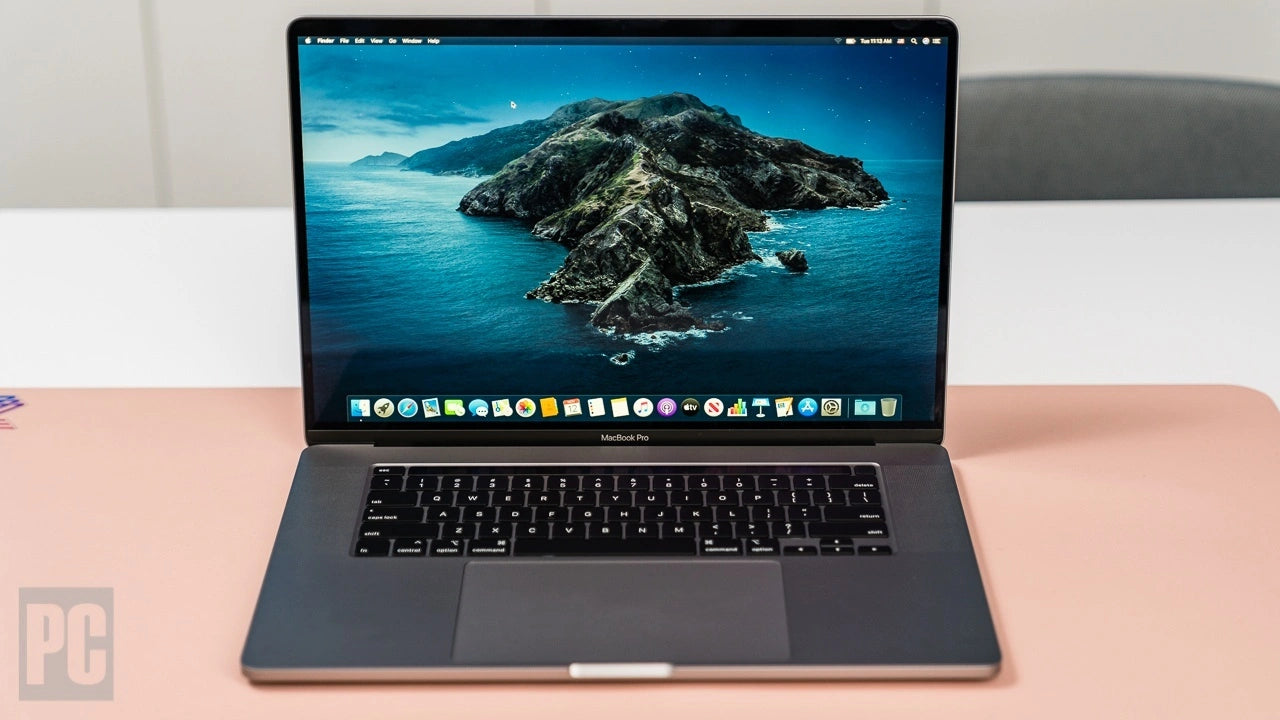How to Choose the Right Laptop for Your Business Needs in UAE
There are as many business laptop available in the UAE as you can think. To help users narrow down their choice online retailers and ecommerce platforms put up several top-10 lists online as a quick reference to the finest laptops.
However, this laptop purchasing guide will show you how to choose computers wisely without depending on the (sometimes sponsored) views of others. Don’t worry if you have little to no technical expertise or experience; if you understand the specifics of what makes a decent laptop, the process of purchasing will be lot less intimidating.
You should think about your budget, your chosen operating system, the design, and technical features like Processors and battery life when looking for a laptop for your company.
This purchasing guide takes into account general hardware best practices as well as the operating systems for small company owners and is intended to be followed step-by-step.
For Average Usage
These are the most cost-effective options for those whose only laptop usage consists of checking email, watching online videos, going online generally, and using SaaS applications. Commonplace actions may be accomplished with a Chromebook or any device running Google’s Chrome OS. You can’t go wrong with any of these two laptops: A ProBook by HP or a ThinkPad by Lenovo.
Above-Average Usage
More processing power is required for this level due to the inclusion of advanced capabilities including those for editing videos and photos, as well as increased multitasking. Superior performance may be expected from laptops like the MacBook, MacBook Air, and Lenovo IdeaPad. Here are two good options to think about: HP EliteBook or Dell Latitude.
Business Level Usage
Several labor-intensive apps may often run concurrently with the most processing power when used properly. These users often work in fields like engineering, design, and computer gaming. This degree of utilization is also often seen among financial industry personnel when calculating massive data volumes. With this level of use, there may be times when you require something more than a laptop.
But before we suggest you which laptops may better meet your business requirements look into 8 hardware factors below to help you understand what actually you require.
Factors to Consider Before Buying Laptop for Business Needs
Operating System (OS)
Staying up-to-date is essential for seamless interoperability. When considering used or refurbished computers, the operating system is more important than ever. There are two main operating systems: Microsoft Windows and Apple’s macOS. Keep in mind that older version of Windows like Windows 7 and Windows 8 are no longer supported or are nearing the end of their useful life. Latest Windows versions in use or Windows 10 and Windows 11.
Display size and type
In the business sphere, widescreen formats are on the rise because of their practicality for office work. Anti-reflective screens are ideal because the panels can be read without difficulty even when exposed to strong light, such as that seen in well-lit offices.
Processor (CPU)
Latest-generation Intel Core CPUs or equivalent AMD processor types are recommended for use in business laptops (Intel 7th Gen and above, AMD 3rd Gen and up). Newer versions of central processing units (CPUs) have a higher clock speed than their predecessors.
It might be confusing to shop for a new business laptop when several of the best options look and act similarly. The first step in selecting the best laptop for your company’s needs is to compare and contrast the many models available.
Battery Life
The battery life of a budget business laptop should last for at least 10 or 12 hours. The more expensive models should be able to last for at least 13 hours in an office setting. While shopping for a laptop, it’s important to choose one that can keep up with your busy schedule.
Hard Drive
Because modern programs need so much processing power, a laptop should have at least 8GB of RAM. In addition, there has to be enough Memory to ensure that data can be accessed and sent quickly. Because of their superior performance and reliability, solid-state discs (SSDs) should be utilized in the device.
Cooling system
Greater power need more efficient cooling. As the fan is often inferior on thinner laptops, performance drops when the laptop heats up, which might be an issue. In addition, the more work the ventilation system needs to do, the louder it becomes. Hence, if you care about getting the highest performance possible with the lowest amount of noise, you should focus on the CPU ventilation system.
Number of ports
The laptop should have many inputs and outputs, including USB, HDMI, an SD card reader, and VGA and DVI adapters.
How much weight it has
The typical weight of a laptop designed for commercial use is four pounds. You shouldn’t get one that weighs more than 4.6 pounds since it will be difficult to move about if you do so often; thus, you shouldn’t get one that weighs more than that.
Is it durable?
If you travel quite a bit, you should prioritize purchasing a durable laptop. Both the hinges and the lid should be made of metal, with magnesium or a carbon alloy being the material of choice if possible.
Three Best Business Laptops in UAE
Here are some of the best business laptops available in the UAE that you may take into account, However, we will strongly encourage you to do your own research also to find the best choice.
Lenovo ThinkPad X1 Carbon

SPECIFICATION
CPU: Intel Core i7
Display: 1920 x 1080, HD 14”
Memory: SSD 1TB
Weight: starting at 1.13kg
Battery life: 19.3hr.
Starting Price in UAE: AED 8,250
ASUS ExpertBook B9450
SPECIFICATION
CPU: Intel Core i7
Display: 1920 x 1080, HD 14”
Memory: SSD 1TB
Weight: 990g
Battery life: 24 hr.
Starting Price in UAE: AED 6,000
Apple MacBook Pro (16-inch)
SPECIFICATION
CPU: M2 Pro Chip
Display: 3456 x 2234, 16”
Memory: SSD 1TB
Weight: 1.95kg
Battery life: 24 hr.
Starting Price in UAE: AED 10,599



